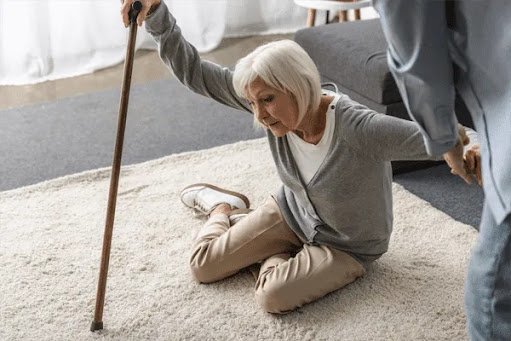How to Maintain Bone Health: Tips for Preventing Osteoporosis
Maintaining strong bones is essential to prevent osteoporosis and related fractures, especially as we age. Osteoporosis, a condition where bones become weak and brittle, affects millions of people, particularly older adults. Here are some effective strategies to help maintain bone health and reduce the risk of osteoporosis.
Prioritize Calcium and Vitamin D Intake
Calcium is crucial for bone strength, and vitamin D helps your body absorb calcium effectively. Adults over 50 should aim for at least 1,200 milligrams of calcium daily, which can be obtained from dairy products, leafy greens, and fortified foods. Vitamin D can be sourced from sunlight, supplements, and foods like fatty fish and fortified milk.
For residents in senior living Centennial, ensuring adequate calcium and vitamin D intake is often a crucial part of dietary planning. These communities frequently offer meals designed to meet the nutritional needs of older adults, helping maintain bone health naturally.
Engage in Weight-Bearing Exercises
Regular physical activity, especially weight-bearing exercises, is vital for building and maintaining bone density. Activities like walking, jogging, dancing, and resistance training stimulate bone formation and help slow bone loss. Incorporating these exercises into your routine can significantly reduce the risk of osteoporosis.
In retirement communities Centennial, fitness programs often include weight-bearing exercises tailored to seniors, promoting bone strength while being mindful of individual physical capabilities.
Avoid Smoking and Limit Alcohol
Smoking has been shown to decrease bone density, while excessive alcohol consumption can interfere with your body’s ability to absorb calcium, leading to bone loss. Quitting smoking and limiting alcohol intake to moderate levels are important steps in protecting your bones.
For those living in a retirement home Centennial, support services are often available to help residents quit smoking and adopt healthier lifestyle habits, contributing to better overall bone health.
Get Regular Bone Density Tests
Bone density tests, or DEXA scans, are crucial for detecting osteoporosis before fractures occur. These tests measure the strength of your bones and help your healthcare provider develop a personalized plan to protect your bone health. Regular screening is recommended for women over 65 and men over 70 or earlier if there are risk factors such as family history or long-term use of corticosteroids.
Consider Medications if Necessary
In some cases, diet and exercise may not be enough to prevent significant bone loss. Your healthcare provider might recommend medications like bisphosphonates, hormone therapy, or other bone-preserving drugs to help maintain bone density and reduce fracture risk.
Focus on Balance and Fall Prevention
Preventing falls is critical to avoiding fractures, especially in older adults. Strengthening exercises, balance training, and ensuring a safe living environment can reduce the risk of falls. This includes removing tripping hazards, installing grab bars, and ensuring adequate lighting throughout the retirement home.
Many senior living communities offer balance and mobility classes and environmental modifications to help reduce fall risk and protect bone health.
By focusing on these preventive measures, you can significantly reduce your risk of osteoporosis and maintain strong, healthy bones as you age. A proactive approach to bone health is critical to enjoying a full and active lifestyle well into your senior years.
